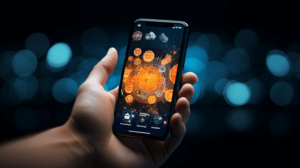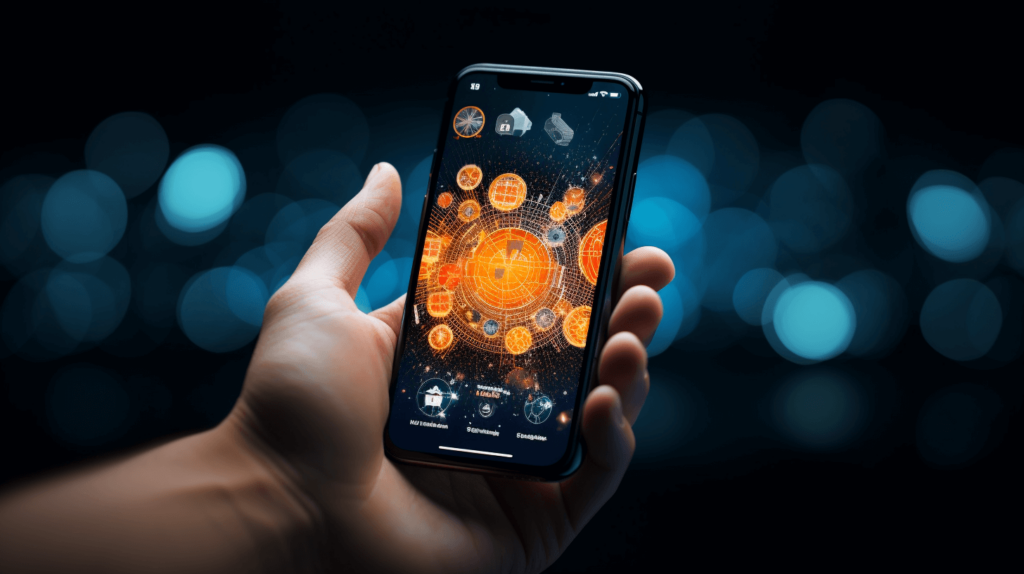Apple Unveils Lower-Cost iPhone 16e with Full AI Capabilities

Our site stands out with real-time market updates, in-depth blockchain analysis, and a team of seasoned crypto experts ensuring accuracy. About Us

Apple has introduced a new entry-level iPhone model that brings its artificial intelligence features to a more accessible price point while maintaining the processing power of its premium devices. The iPhone 16e represents Apple’s strategic attempt to reinvigorate sales after experiencing a decline in iPhone purchases at the end of last year.
The new device will retail in the UK for £599 (approximately $760), positioning it £200 below the standard iPhone 16 while retaining the same A18 processor. This pricing strategy makes the 16e significantly more affordable than flagship models, though still considerably more expensive than the original iPhone SE from 2016.
This processor parity with higher-end models means the 16e can fully support Apple Intelligence—the company’s suite of AI tools introduced with the iPhone 16 series. These capabilities include enhanced photo editing, improved image search functionality, writing assistance, and integration with OpenAI’s ChatGPT through Siri. While the device features reduced specifications in some areas, particularly its camera system, the full AI feature set remains intact.
Industry analysts view this move as Apple’s attempt to accelerate adoption of its AI ecosystem while creating a new revenue stream in price-sensitive markets. Paolo Pescatore notes that the 16e becomes “one of the most affordable powerful iPhones now on the market,” suggesting Apple’s brand trust could help drive sales and attract users from competing platforms.
Forrester analyst Dipanjan Chatterjee highlights the potential impact in regions like India, where premium iPhones remain financially out of reach for many consumers. He also points to the “second-order effect” of bringing new customers into Apple’s ecosystem through more affordable hardware. The reduced “cost hurdle” of accessing Apple Intelligence could potentially motivate upgrades among existing iPhone users who have shown limited enthusiasm for recent models.
However, some market observers remain skeptical about Apple’s AI strategy. Cory Johnson of Epistrophy Capital Research expressed disappointment, noting that despite Apple investing $189 billion in research and development over the past decade, tangible innovations have been limited. “All we have to show for that is the HomePod and $3,500 ski goggles,” Johnson remarked, suggesting Apple’s AI implementations should be more impressive given the company’s resources.
The iPhone 16e will be available for pre-order beginning February 21 in 59 countries, with Apple CEO Tim Cook emphasizing that the device delivers “the performance, intelligence and privacy” customers expect while helping them “save time, quickly get more things done, and express yourself in new ways.”
The launch comes amid Apple’s ongoing refinement of its AI features. The company recently suspended and modified its AI-generated news alerts after incidents where the system produced false headlines attributed to legitimate news organizations including the BBC. Apple now presents AI-generated summaries in italics to distinguish them from human-written content.



 Manon Mainville
Manon Mainville 











